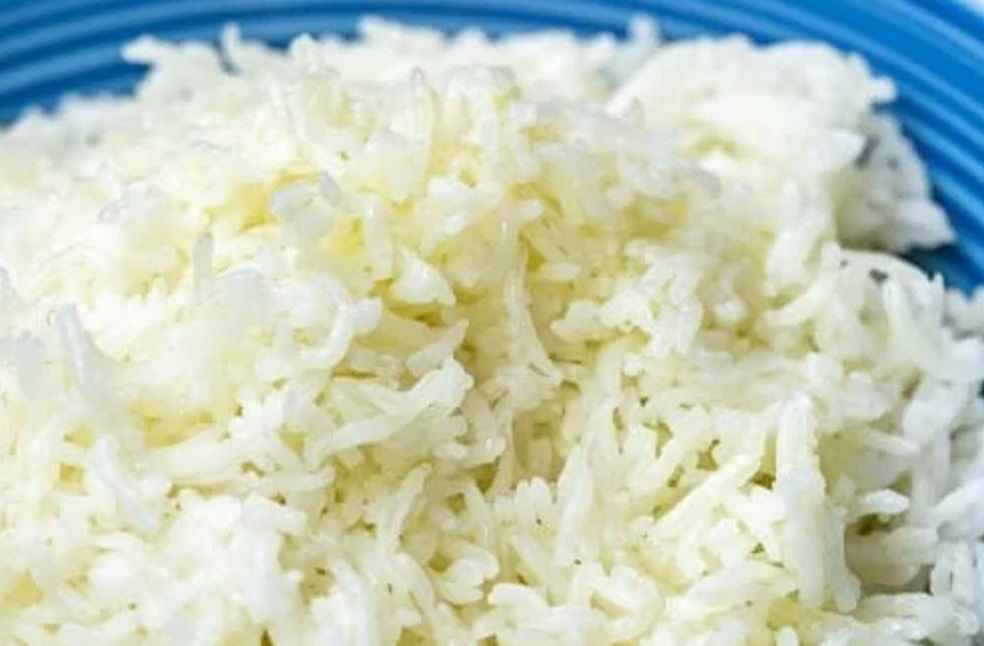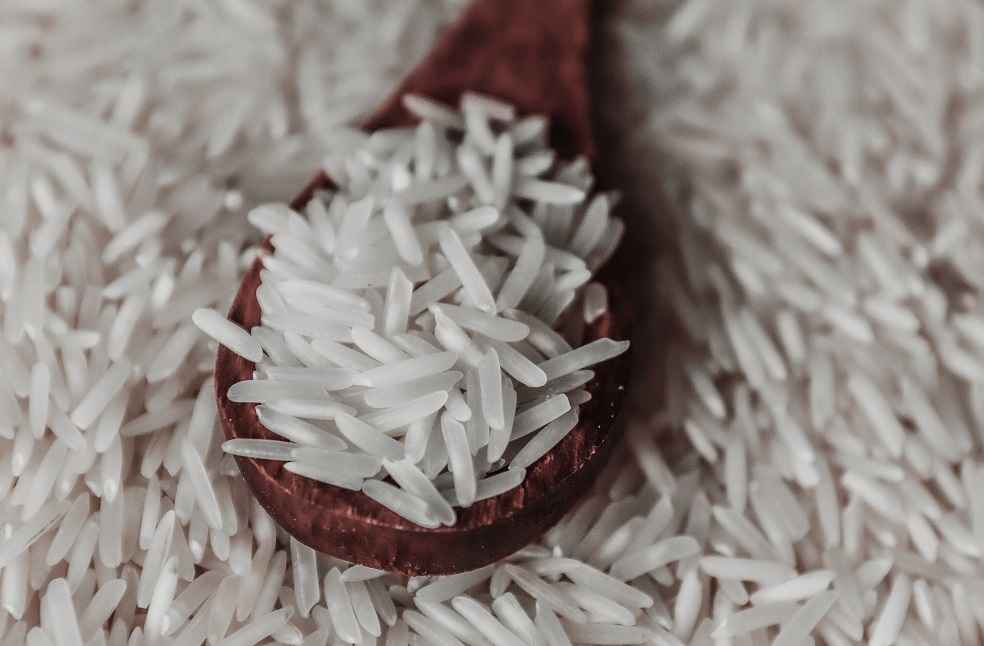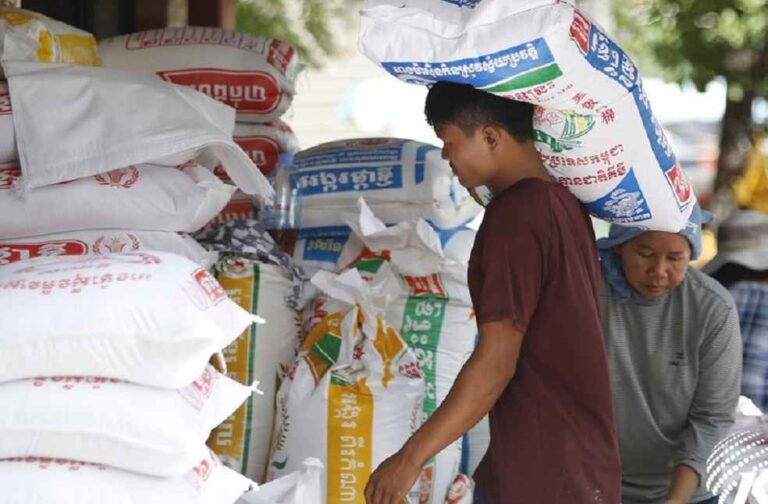Thailand’s rice export sector has suffered a sharp setback, with first-quarter exports dropping by 30% compared to the same period last year. This downturn has allowed Vietnam to surpass Thailand as the world’s second-largest rice exporter, intensifying concerns among Thai industry stakeholders.
According to Chookiat Ophaswongse, honorary president of the Thai Rice Exporters Association, the country exported 2.1 million tons of milled rice in the first quarter of this year—a notable decline. The drop was primarily driven by a 53% plunge in white rice shipments, partly due to India’s re-entry into the market and reduced import demand from key buyers like the Philippines, which is now expected to import just 1 million tons this year, down from 4 million in 2023.

Competitive pricing from India and Vietnam has compounded Thailand’s challenges. Indian rice is currently $40 per ton cheaper than Thai rice, prompting buyers in South Africa, Malaysia, and the Philippines to pivot towards Indian suppliers. Despite Thai rice prices falling from an average of $600 per ton last year to slightly over $400, Thailand’s export volumes still trail behind. India has already exported 2.4 million tons this year and is on track to exceed 20 million tons, while Vietnam has shipped 2.3 million tons and may officially become the second-largest exporter, relegating Thailand to third place.
Thailand’s rice export outlook for the second quarter is expected to mirror the first, with the annual target of 7.5 million tons due for mid-year review. Factors influencing this performance include shifts in US import tax policy, varied global demand, and prospects in the Chinese market. With China’s white rice prices averaging $500 per ton, some importers may turn to Thai rice, provided it remains competitively priced.

In the United States, interest in Thai jasmine rice has grown, aided by a 90-day postponement of a proposed 36% import tax. For now, a 10% tax applies, encouraging stockpiling. In 2024, the US imported 1.3 million tons of jasmine rice globally, with 630,000 tons sourced from Thailand. First-quarter exports of Thai jasmine rice to the US exceeded 200,000 tons at an average price of $1,000 per ton. Total rice exports to the US, including other varieties, stood at 830,000 tons.
However, future pricing could be impacted by potential tax hikes to 20–36%, possibly pushing jasmine rice prices to $1,200–1,300 per ton, undermining competitiveness. Additional concerns include rising transport costs linked to a policy by former President Donald Trump, who plans to impose taxes on goods shipped via Chinese-built vessels starting in October. Since China accounts for 80% of global shipbuilding, this move could increase freight charges by $6 per ton.
Lieutenant Jaroen Laothamatas, president of the Thai Rice Exporters Association, stressed the need for strategic preparation by both the government and private sectors in light of shifting US policies and global logistics dynamics.
METAL WORLD | India Imposes 12% Temporary Tariff on Steel Imports from China



